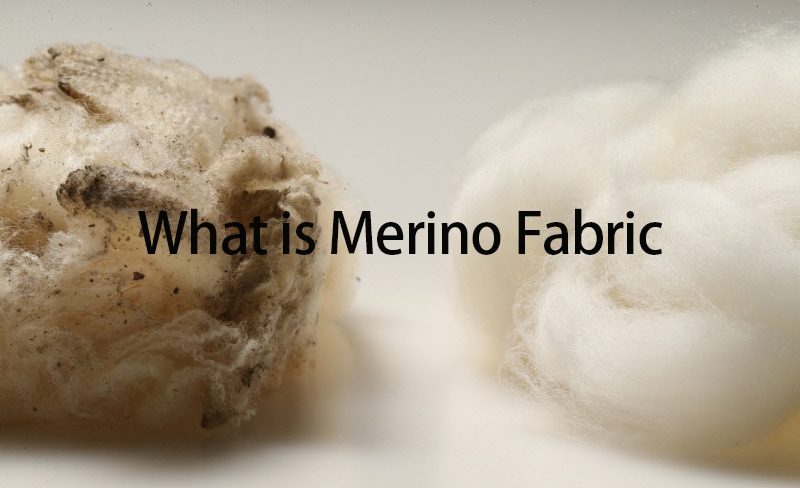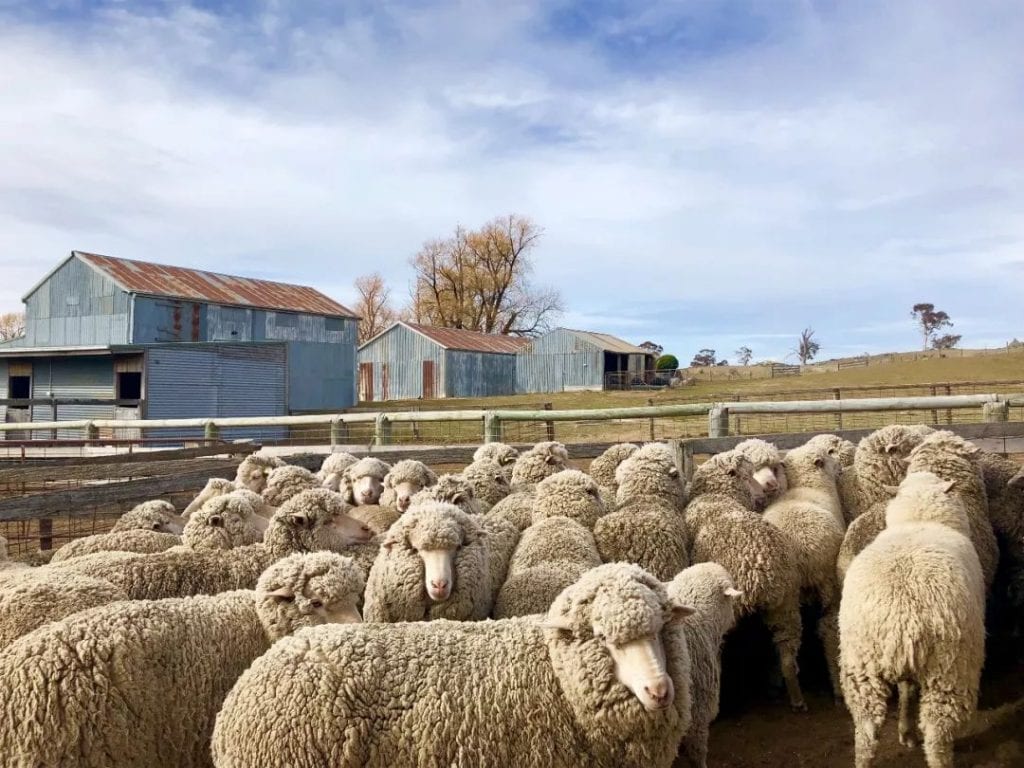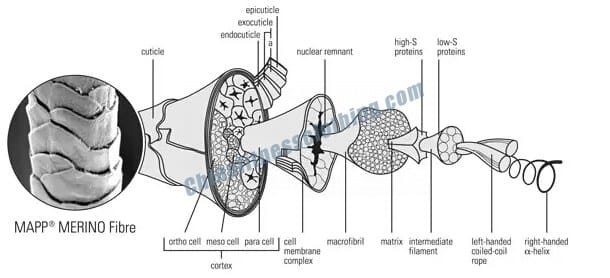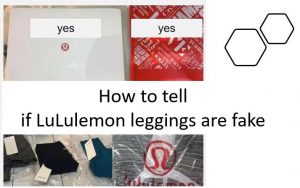What is Merino Fabric
Merino fabric generally refers to the wool produced by merino wool sheep. It’s fine and softer than regular wool. All fine wool breeds in the world come from merino sheep or sheep of merino origin.
What does merino wool come from
ExtrafineMerino gets its name from more than just the variety of beautiful sweaters it can make. The real reason is that merino wool comes from a type of sheep called Merino. This kind of sheep is native to Australia. In 1797, two British officials shipped a flock originally from Spain to Sydney and resold it to two farmers. Among them, JohnJoseph successfully bred the first generation of merino sheep in Australia. After 200 years of continuous improvement, Australia finally developed a unique breed of superfine wool.
The breed was introduced to China in 2007, but the second generation of wool mutated after breeding, producing the same wool as the domestic breed.
So, it turns out, Merino sheep, would become mutated when they leave Australia. Merino wool, of course, can only be imported from Australia and is of course extremely expensive, second only to cashmere.
Therefore, where the annual Australian Merino wool is the largest producer and supplier of Merino wool. In ultra-fine wool, quality counts more than 70, with an average diameter of 18 microns or less, and a length of 5 to 9 centimeters, all of these make them the best Merino wool.
Why is merino wool so good? Below are the 12 benefits of merino wool
- The sense of drooping
Merino wool is more delicate and softer than other wool. Because of these advantages, merino wool garments have excellent drape and movement and are therefore favored by world-renowned designers and tailors.
- Ductility
The fiber structure and slight curl of Merino wool ensure that clothing made from merino wool is extremely elastic and can be restored after everyday use. Merino wool retains its original shape longer than any other garment fiber.
- Wrinkle resistant
Merino wool is extremely thin, making it more flexible than traditional coarser wool, which gives it exceptional flexibility and skin softness. When traveling, just take your Merino wool clothes out of your suitcase, hang them up for half an hour, and everything will be fine. No ironing is required.
- Quick-drying
Merino wool also absorbs a lot of water vapor and evaporates it into the air quickly, making clothing breathable and less sticky and wet.
- Suitable for all seasons
Unlike synthetic fibers, Merino wool is an active fiber that responds to changes in the wearer’s body temperature. It can bring you warmth in winter and cool in summer.
The chemical reactions occurring amino acids hydrogen bonds with water molecules in contact with the heat, the water molecules and takes up heat loss, this ability to avoid making the fabric feel damp and cold at low temperatures and high humidity environment, this feature makes the wool a multifunctional fabric for all seasons.
- Odor resistant
Merino wool absorbs and locks odor molecules from wet skin, keeping clothes fresh for a long time. Odor molecules are released and removed when the clothing is washed.
- UPF resistant
Over millions of years of evolution, merino wool has adapted to some of the harshest climates in the world and has evolved its own natural UPF protection. Merino wool also has a natural flame retardant property.
- The fire-resistant and static-resistant
Merino wool also has a natural flame retardant property. The smallest components of the intracellular spring-like structure in merino wool make it soft and resilient. It is a matrix with the properties of fire-resistant and antistatic.
- Anti-bacterial
The physicochemical structure of Merino wool allows for faster transport of water vapor, a shorter incubation time for bacteria, and a less chance of odor generation.
- Durable
Merino wool is 6 times stronger than cotton. Each fiber can be bent back onto itself over 20.000 times. Cotton breaks after 3.200 times.
- No itch.
When it comes to wool, itchy skin is one of the most common things that come to mind, but the ultra-fine Merino fiber is only 17 microns thick. By comparison, human hair is between 60 and 180 microns thick, which means merino wool is more flexible and can be applied gently to your skin without itchiness.
- Biodegradable
Merino fibers break down naturally in the soil after treatment. It will return nutrients to the earth and disappear after about twelve months underground.
- Renewable
Merino wool is the natural fiber that Merino sheep grow throughout the year, consuming a simple mix of natural ingredients including sunlight, water, fresh air, and grass. These sheep produce new wool each year, making it a completely renewable fiber.
- Comfortable
Because a single Merino wool fiber is one-third the diameter of a human hair. When it touches the skin, it bends. It can’t be as prickly as other wool fibers because it can’t stand its own weight. So it’s very comfortable.
- Washable
Merino wool products are specially shrink-proof and can be directly machine-washed. After machine washing, the natural characteristics and advantages of wool will not be affected.
And all of these benefits of wool are applied to products like Wholesale seamless leggings manufacturers. Products are designed to help you stay outdoors longer and get more done.
- Dyeing
Merino wool fibers are finer, even without the use of other chemicals, they can be deeper absorbed dyes, burn evenly and directly. Because of this ability, merino wool is known for its beautiful and richful color.
What is merino wool vs wool?
- Different texture
Sweaters made of Merino wool not only have good elasticity but also feel very soft and delicate. It is very comfortable to wear next to your skin, but coarse wool clothes will feel itchy after wearing them.
- Different diameters
Merino wool is also known as superfine Merino wool because of its exceptionally fine fiber, with a diameter of 19.5 microns or less. The best Merino wool can reach a diameter of 11.7 microns or less, which is the finest among the wool varieties. Ordinary wool is much thicker.
- Different values
Merino wool products are specially shrink-proof and can be directly machine-washed. After machine washing, the natural characteristics and advantages of wool will not be affected. The price is about 60% of cashmere products. Because of this, Merino wool, like kangaroo and koala are called Australia’s national specialty.











